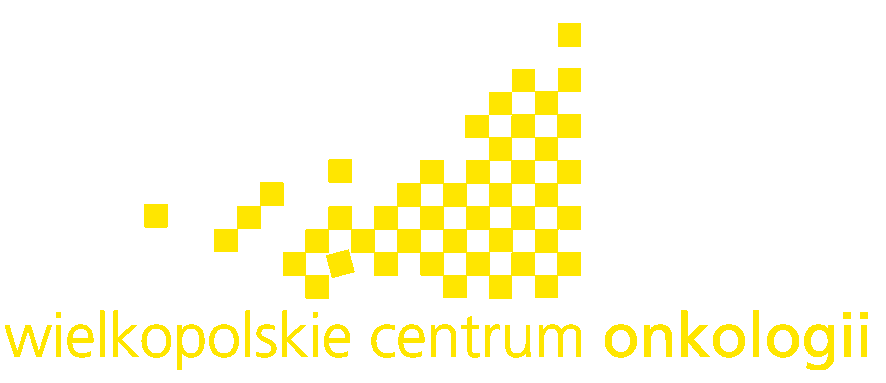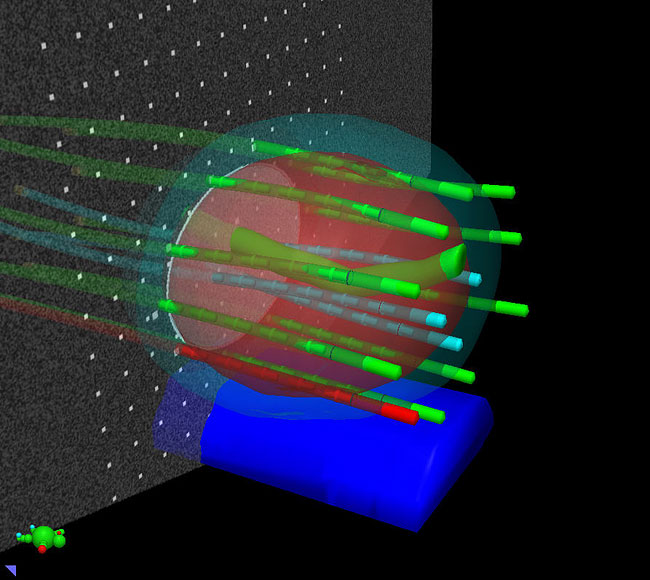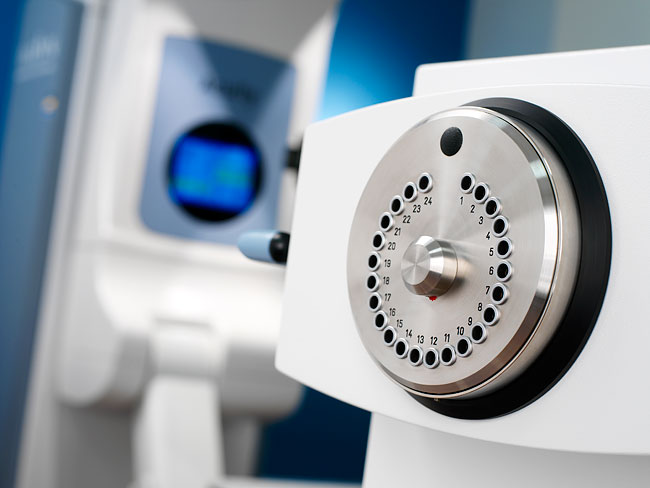Permanent Implants
We have in offer for our patients fully refunded brachytherapy procedures for prostate cancer using permanent implants!
We are very happy to announce that beginning from 1 April 2015 permanent implants, a well established and commonly used treatment method for prostate cancer, has been fully refunded by the National Health Fund (NFZ)! This marks a successful end of our efforts taken since 2009 to have this form of brachytherapy included in the list of state reimbursed medical services.
Notably, it is the GPCC’s Brachytherapy Unit that performed the first two ultrasound-guided implant placements in Poland and Central and Eastern Europe as part of therapy for early stage prostate cancer on 18 December 2008. Ever since, the procedures had been done without any NFZ reimbursement which implied a limited number of patients.
Please, be invited to use the services of the Brachytherapy Unit, of the Greater Poland Cancer Centre, a hospital with many years of experience in this and other brachytherapy methods.
Further important information
The incidence of prostate cancer is gradually growing due to longer life expectancy, and better detection of early stage cases in screening. Such patients have a high chance of recovery, provided they are given a proper therapy. For those reasons, extending treatment options to include an effective and proven method of permanent implant brachytherapy is of great relevance for the improvement of treatment efficacy.
Permanent implant brachytherapy involves a one-off implantation of 60-100 radioactive isotopes (small metallic cylindrical seeds sized 4,5 x 0,8 mm containing a small amount of radioactive source of iodine I-125) into the organ being treated. Those isotopes remain permanently in the organ and are not removed. The method is mostly used in the treatment of prostate cancer. Permanent implant brachytherapy has been applied to prostate cancer treatment in the USA, Spain, France and many other countries since the late 1980s. It is not only well tested on a large group of patients, but also described in thousands of publications with follow-up periods of up to 15 years. The most important finding from the study reports is a low proportion of complications observed after such treatment (such as difficulties urinating or impotence).
Benefits of permanent implant brachytherapy:
- High treatment efficacy of 90-100%,
- Low invasiveness – the procedure takes 1 – 2 hrs., the patient usually leaves hospital the next day (short overall hospitalisation time): 1 – 2 days), and returns to their normal activities within further several days,
- High concentration of dose within the prostate contributing to lower risk of complications in healthy neighbouring tissue,
- Less frequent complications as compared to other treatment methods: impotence (5-15%), urinary urinary incontinence (below 5%).
Description of brachytherapy technique
The method employs radioactive iodine-125 isotopes with low dose and relatively low energies, which enables them to be used without special shields and radiological protection (in operation theatres). The permanent implant technique involves the preparation of a treatment plan and ultrasound-guided transrectal placement of the implants within a single procedure. During the procedure, owing to the continuous use of transrectal ultrasonography, radioactive isotopes are inserted into pre-set rigid steel guides which are then removed. When planning dose in this technique, the curative isodose is covered by the shape of the prostate capsule, and the overall dose is 145 Gy.
The method is unique in that the patient is hospitalised shortly to undergo the whole brachytherapy procedure and then is able to return to normal life within a couple of days. No further exposure to radiation or any other surgical treatments are required. The effectiveness of the method, according to some long-term studies based on approximately ten years of follow-up, is estimated at 90–100% for T1-2N0M0 patients.
For more information, please, see the website of GPCC’s Brachytherapy Unit:
Serwis WWW : wco.pl/zb












